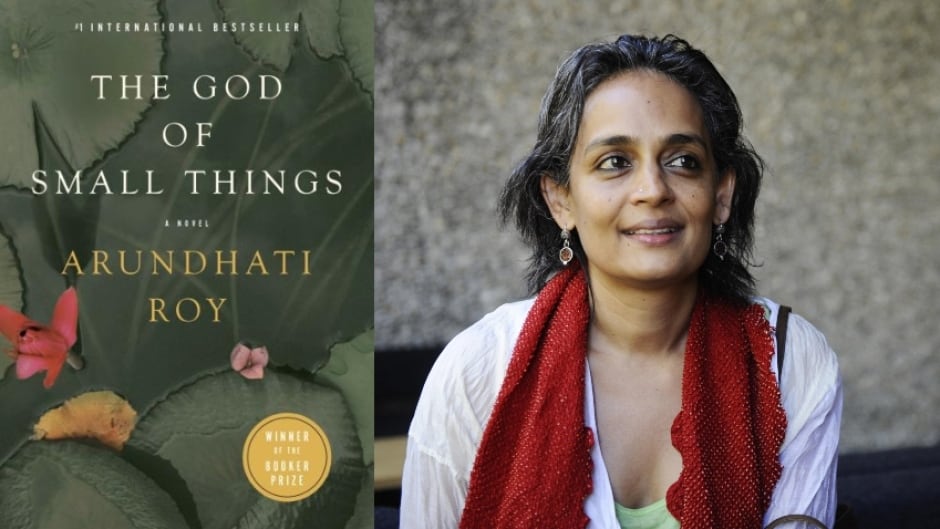“God of Small Things” by Arundhati Roy: This novel, written by an Indian author in English but set in Kerala, won the Booker Prize in 1997 and gained worldwide recognition.
“God of Small Things” is a critically acclaimed novel written by Arundhati Roy, an Indian author and activist. Published in 1997, the book garnered international recognition and won the prestigious Booker Prize, propelling Roy to literary stardom. Set in the southern Indian state of Kerala, the novel presents a poignant and captivating narrative that explores themes of love, caste, societal norms, and the consequences of transgressing them.
Narrative Structure and Style
One of the notable aspects of “God of Small Things” is its unconventional narrative structure. Roy employs a nonlinear storytelling technique, jumping back and forth in time and weaving multiple perspectives to paint a vivid and complex portrait of the characters and their intertwined lives. The prose is rich with poetic language, vivid descriptions, and evocative metaphors, creating a lush and immersive reading experience.
Characters and Themes
The novel revolves around the lives of the twins Estha and Rahel, who are deeply affected by societal norms and the rigid caste system prevalent in Indian society. Roy skillfully delves into the inner worlds of her characters, unraveling their joys, sorrows, and conflicts as they navigate personal desires against the backdrop of a society bound by conventions. Love, forbidden relationships, social hierarchy, oppression, and the loss of innocence are recurring themes that resonate throughout the narrative.
Social and Political Commentary
“God of Small Things” serves as a powerful social and political commentary on the complex dynamics of post-colonial India. Roy explores the impact of historical events, such as British colonialism and the emergence of the Communist movement, on the lives of ordinary people. She confronts issues of discrimination, exploitation, and the stifling effects of a deeply entrenched caste system, shedding light on the inequalities and struggles faced by marginalized communities.
Language, Symbolism, and Imagery
Arundhati Roy’s prose is marked by a lyrical quality, with poetic language that immerses readers in the vivid landscapes and cultural nuances of Kerala. The novel is replete with rich symbolism and striking imagery that adds depth and layers of meaning to the narrative. Roy masterfully employs metaphors and descriptive passages to evoke emotions, heightening the readers’ connection to the characters and their experiences.
Impact and Legacy:
“God of Small Things” has had a profound impact on both Indian and global literature. Its exploration of themes, innovative narrative structure, and lyrical prose have earned it a place among the finest works of contemporary fiction. The novel’s success catapulted Arundhati Roy to international acclaim, establishing her as a significant voice in Indian literature. Beyond its literary merits, the book continues to spark conversations about social justice, gender, and the complexities of identity.
“God of Small Things” stands as a powerful testament to Arundhati Roy’s storytelling prowess and her ability to blend the personal and the political into a compelling narrative. It remains a beloved and widely studied work, captivating readers with its raw emotions, social commentary, and profound reflections on the human condition.



